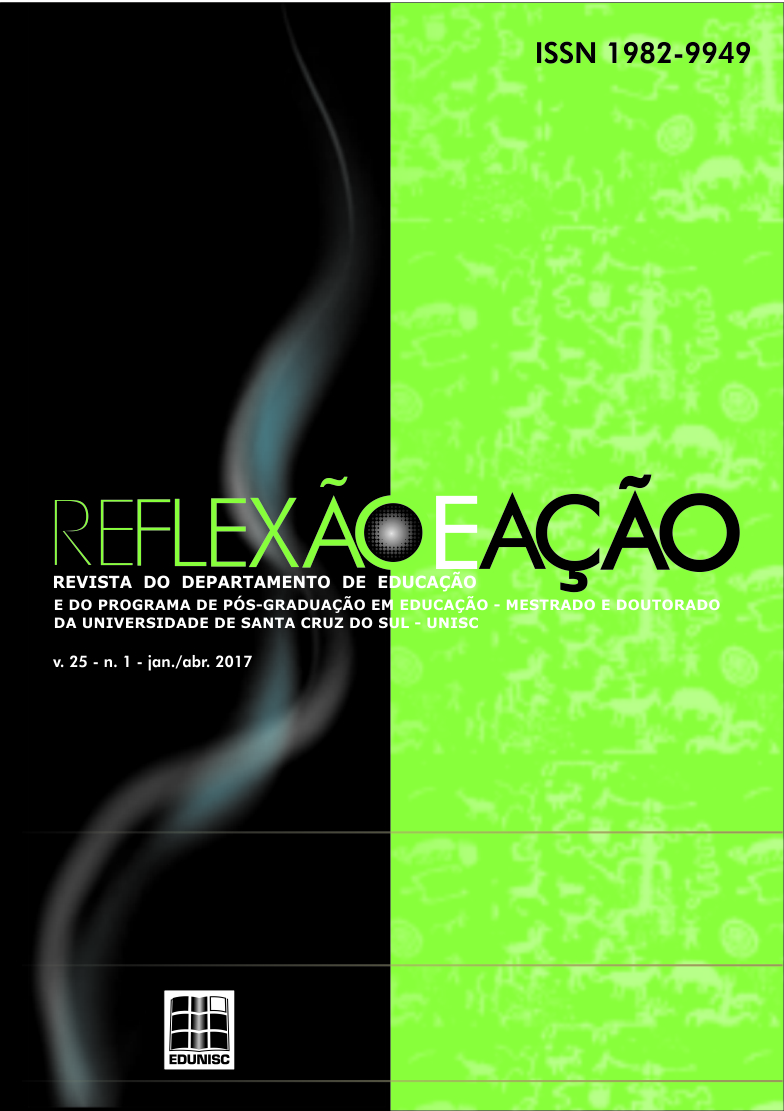REGIMES OF KNOWLEDGE/POWER IN DISCO REGIMES OF KNOWLEDGE/POWER IN DISCOURSE ABOUT EVALUATION OF EXTENSIONURSE ABOUT EVALUATION OF EXTENSION
DOI:
https://doi.org/10.17058/rea.v25i1.3406Keywords:
Disciplinary regime, Control regime, Discourse Analysis, Evaluation of the activity of University ExtensionAbstract
This article discusses the regimes of power/knowledge in actuation in the discourses about evaluation of the University Extension activity. The methodological basis is archeology and genealogy of Foucault. The material analised was extracted in a form where teachers proposed extension projects to be developed in a University of Santa Catarina. These are excerpts from discourse that enable rich analysis of regimes of knowledge/power in actuation in University Extension activity. The main questions is: What are the internal and external mechanisms that regulate the teachers’ responses to a institucional form about the evaluation of extension students? The objetive is to analyze the discourse on evaluation of extension students, regimes of knowledge/power that make it possible. What the analysis showed: the place institutional regulates discourse; there is asymmetry between institutional subjects, disciplinary power devices operate on the evaluation, it implies forms of conduction of conduct, the participation concept reflects a change of the disciplinary regime for flexible power called control. Keywords: Disciplinary regime. Control regime. Discourse Analysis. Evaluation of the activity of University Extension.Downloads
Downloads
Published
How to Cite
Issue
Section
License
The submission of originals to this journal implies on the transference, by the author(s), of the printed and digital publishing rights. The author´s rights to the published articles are the author´s, the journal has the rights over the first publication. The author(s) can only use the same results in other publications, indicating clearly that this journal was the original publisher. Since we are an open access journal, the free use of articles is permitted for educational and scientific applications, as long as they inform the source according with the CC-BY license from Creative Commons.


